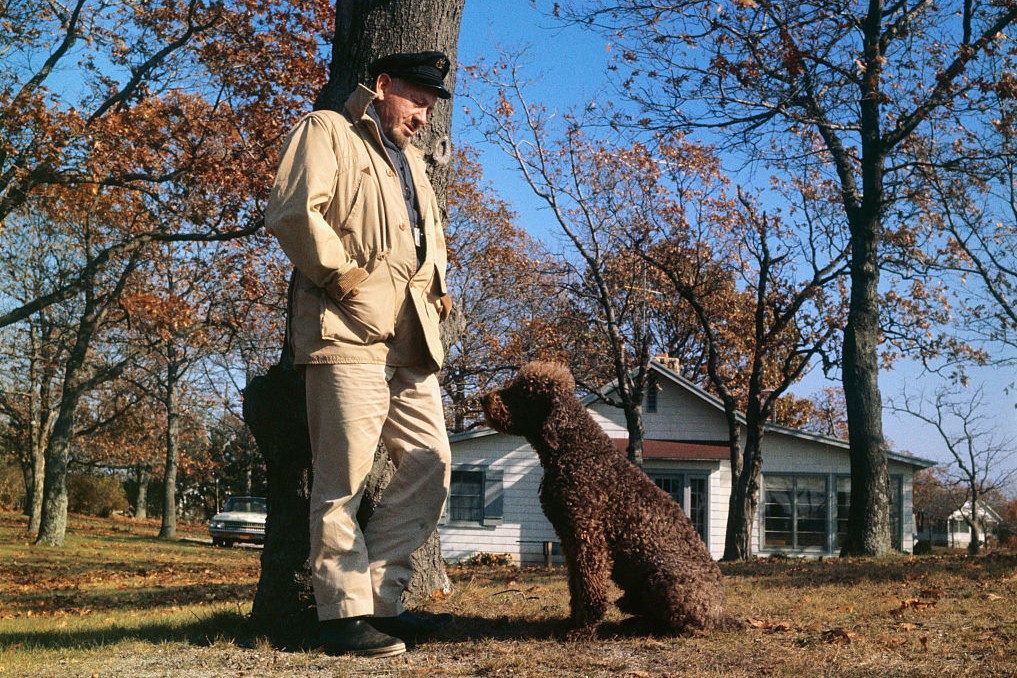A veritable institution is coming to an end this year. Last month, news emerged that the 2021 edition of The Best American Travel Writing — guest edited by Padma Lakshmi — would be the last in the series. The new volume continues in the series’s tradition of collecting work by acclaimed authors, with the 2021 edition featuring contributions from the likes of Bill Buford, Leslie Jamison and Kiese Laymon. But the news that this will be the final installment has prompted some to think about the series’s legacy — and the current state of travel writing as a whole.
Thomas Swick, the author of — most recently — The Joys of Travel: And Stories That Illuminate Them, opted to take a grand view of the end of The Best American Travel Writing in an essay for Literary Hub. Swick notes that “this blow is particularly disheartening for a genre that has gradually and, for those of us who love it, mystifyingly lost its allure,” while also acknowledging some critiques of the genre.
Swick goes on to argue that the internet has been a significant factor in the shrinking of travel writing. “Who needs travel writers, one might ask, when hundreds of bloggers are typing their findings, thousands of tourists are posting their videos, millions of vacationers are sending their tweets?” he writes.
Near the end of his essay, Swick cites Pamela Petro’s The Long Field — a book by an American author about her collection to rural Wales — as an example of noteworthy recent travel writing. Petro’s book, he notes, is being advertised as a memoir. But it’s also worth pointing out that how a book is sold can have little to do with its aims — and if notable travel writing is emerging but filed as memoirs or essay collections, that sounds far less painful than losing an entire genre, full stop.
For more travel news, tips and inspo, sign up for InsideHook's weekly travel newsletter, The Journey.

















